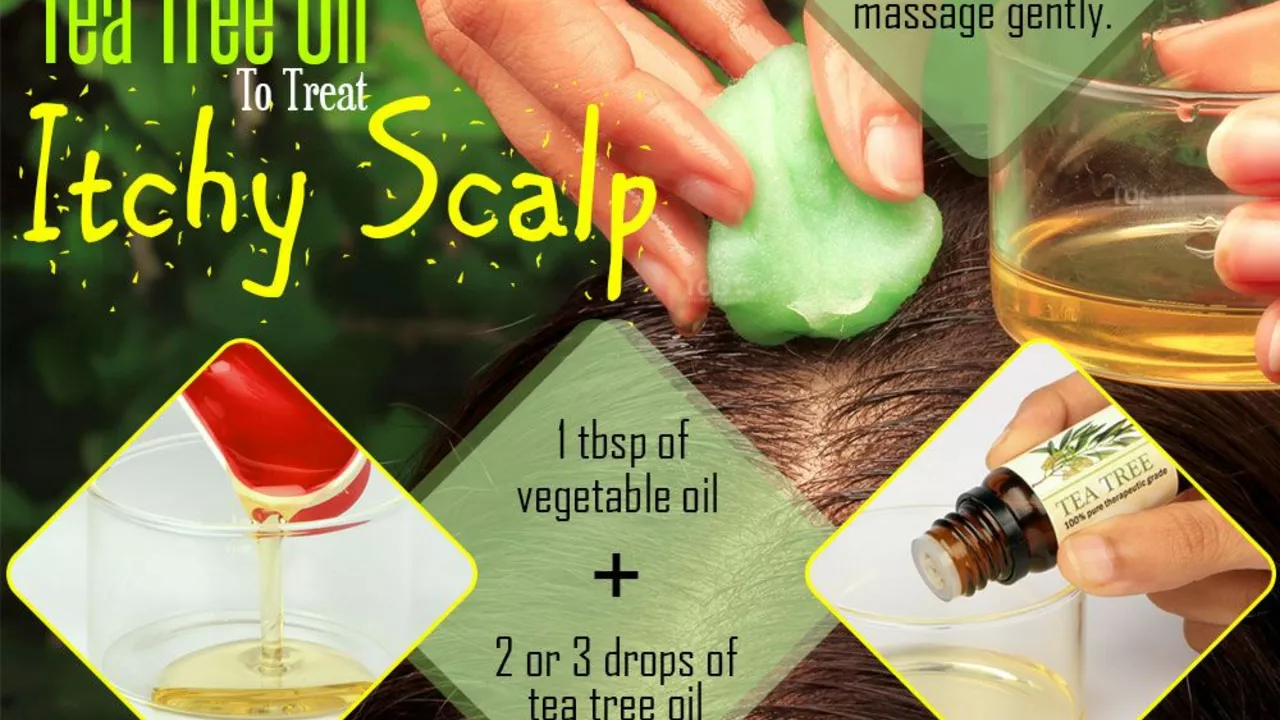Essential oils: safe, simple ways to use them
A few drops can lift your mood or make your home smell amazing — but essential oils aren’t harmless. Used the wrong way they can irritate skin, trigger allergies, or clash with medications. This page gives practical rules you can use today: how to dilute, where to apply, what to avoid, and how to pick real oil.
How to use essential oils safely
Always dilute. A common guideline: 1% dilution is about 6 drops of essential oil per 30 mL (1 oz) of carrier oil. That works for daily adult use on most skin. For a 2% blend (short-term or muscle pain) use 12 drops per 30 mL. For children, elderly, or sensitive skin aim for 0.25–0.5% (1–3 drops per 30 mL).
Do a patch test before regular use: put a small amount of diluted oil on the inside of your forearm and wait 24 hours. If you get redness, itching, or burning, stop using it.
Topical use: apply only diluted blends. Avoid eyes, inner ears, broken skin, and mucous membranes. If you get oil in your eye, rinse with olive or vegetable oil first, then water — don’t rub.
Inhalation: diffusers and steam inhalation are low-risk when used briefly. For diffusers, 3–6 drops per 100 mL water is common, run for 10–30 minutes in a ventilated room. For a steam inhalation, add 2–3 drops to a bowl of hot water and breathe gently with a towel over your head.
Baths: mix oils with a carrier or an emulsifier (milk, honey, or a tablespoon of oil) before adding to bathwater. Use 4–8 drops for a full tub. Keep water temperature warm, not hot.
Avoid ingesting essential oils unless a qualified health professional recommends it and you know the oil is safe for internal use. Many oils are toxic if swallowed.
Picking and storing quality oils
Look for GC/MS testing or a Certificate of Analysis (COA). A label should show the botanical name (for example, Lavandula angustifolia for true lavender), country of origin, and batch number. Avoid products labeled only as "fragrance oil" or "aroma blend" if you want pure essential oil.
Store oils in dark glass bottles, away from light and heat, with childproof caps. Keep them out of reach of children and pets. A cool drawer or cupboard works well.
Caution lists: avoid certain oils in pregnancy and for young children. Oils commonly recommended to avoid in pregnancy include clary sage, rosemary, cinnamon bark, oregano, thyme, and wintergreen. Tea tree and eucalyptus can be harmful to cats. If you have epilepsy, high blood pressure, or take blood-thinning meds, check with your doctor before using specific oils.
Simple rules to remember: dilute, patch-test, check purity, and ask your healthcare provider when in doubt. That keeps your aromatherapy pleasant and safe without guesswork.
As someone who frequently explores natural treatments, I've discovered the remarkable role of essential oils in soothing anal itching and irritation from insect bites. These oils, particularly lavender, tea tree, and chamomile, have anti-inflammatory and analgesic properties that can reduce itching and swelling. They also have antimicrobial properties that help prevent infection. However, it's crucial to dilute these oils with a carrier oil before applying, as they can be potent. Always remember to do a patch test first to ensure there's no allergic reaction.
Read more






